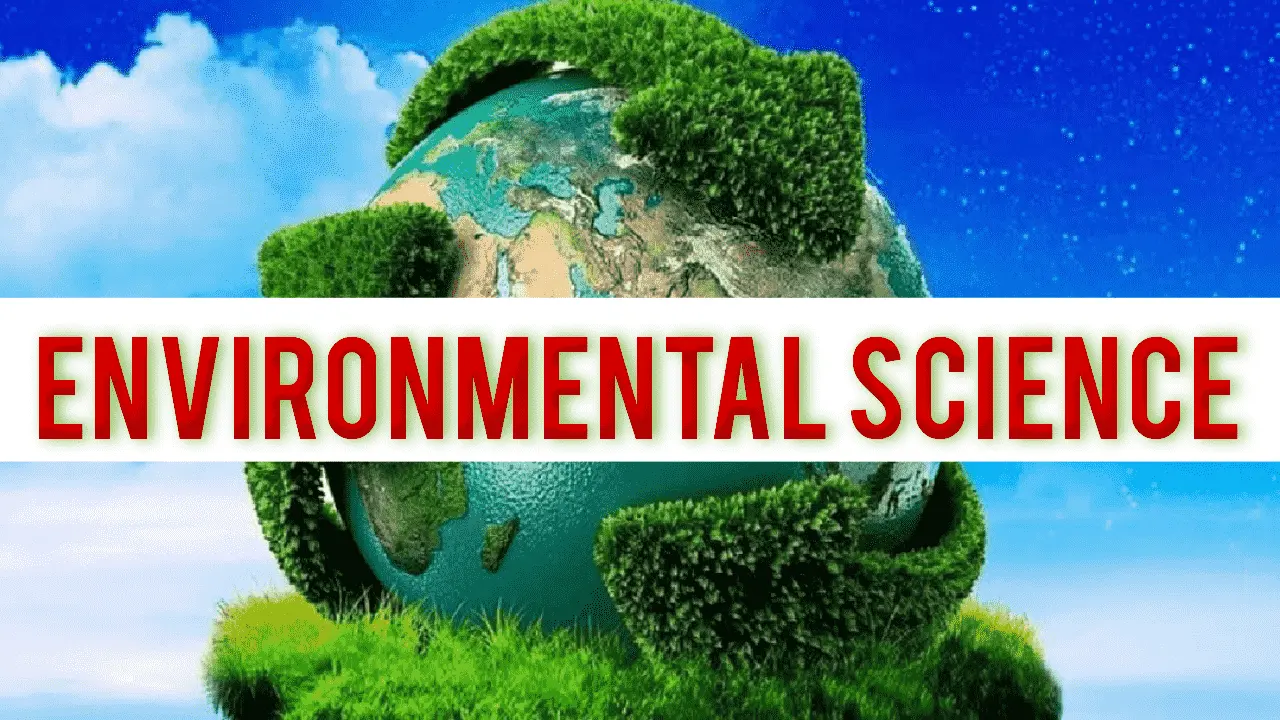1. Introduction to Environment:
In this chapter, students explore the fundamental aspects of the environment, including its definition, principles, and scope. The impact of technology on the environment and the concept of environmental degradation are emphasized, along with the significance of environmental science in various engineering disciplines.
2. Environmental Pollution:
This chapter delves into the crucial issue of environmental pollution. Students study various types of pollution, starting with water pollution, its sources, and the effects of water pollutants. Air pollution is also covered, discussing its composition, classification of pollutants, and adverse effects on the atmosphere. Noise pollution is explored in detail, including measurements, causes, and consequences. Moreover, solid waste, bio-medical waste, and e-waste are discussed, focusing on their generation and proper management.
3. Global Environmental Issues:
The global dimension of environmental challenges is addressed in this chapter. Students learn about sustainable development and its significance in balancing present needs with future generations’ well-being. Key global issues such as climate change, global warming, the greenhouse effect, acid rain, ozone layer depletion, and carbon footprint are thoroughly examined. The chapter also covers the Cleaner Development Mechanism (CDM) and international efforts to mitigate global change.
4. Basic Concepts of Green Building & Smart Cities:
This chapter introduces the concepts of green buildings and smart cities. Students gain insights into the objectives and principles of green buildings, understanding how they contribute to a sustainable environment. Additionally, the concept of smart cities is explored, emphasizing innovative approaches to urban development that prioritize environmental preservation.
5. Concept of 4R’s:
In the final chapter, students learn about the 4R’s concept – Reduce, Reuse, Recycle, and Replenish. These principles are crucial in minimizing waste, conserving resources, and promoting sustainable practices. Understanding and applying the 4R’s concept is essential for achieving environmental sustainability.



